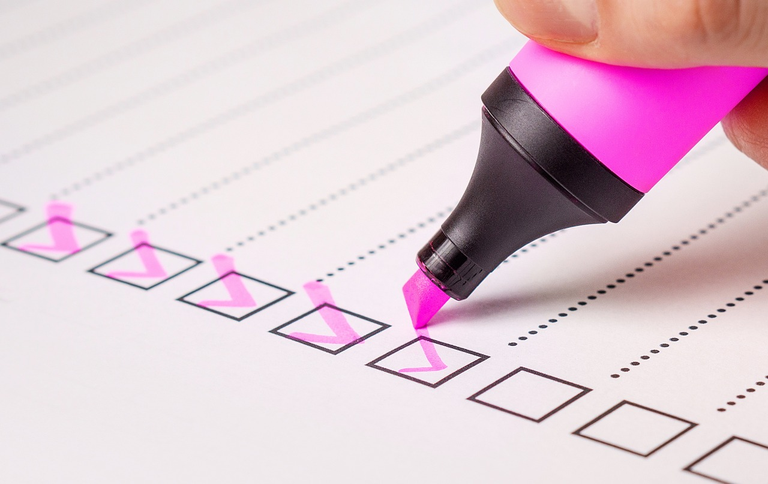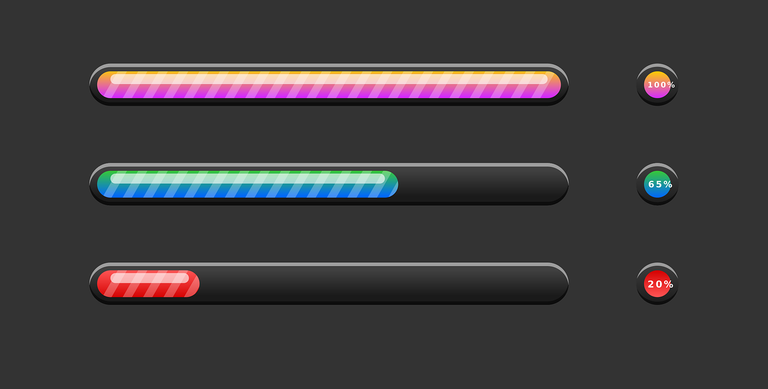A Goal Oriented System

As the new year approaches, many people will take on a New Year resolution that will change their life. Within less than a month, majority of those resolutions will be broken, and leave us defeated.
For the past few years, I've adopted a goal-oriented system which focuses on things that I have much better control on. I do this exercise every three months (every quarter) and create smaller steps that allow me to get where I want to be.
In this post, I'll use my examples for my 2025 Q1 Goals to highlight how easy this method is to adopt.
Areas of Life
First thing I do is segment my goals in the different areas of life. Many times, I find myself hyperfocusing on one thing and disregard the other thing.
That's one of the difficulties with most resolutions. For example, if you intend to suddenly enrol in a gym and go every day, then you likely need to re-shape your every day life.
Personally, I segment this into three main areas:
- Health & Fitness
- Socialisation (and Leisure)
- Budgeting (and Blockchaining)

Achievable Targets and Building Habits
For each area, then I create multiple targets that can help me achieve my goal.
This year I gained a bit of weight and for a few months it worried me, especially since I no longer fit into my favourite pants. The immediate reaction is: I want to lose weight. However, I thought I was eating healthy, so a radical diet is not something that I wanted to do.
Instead of a radical change, it is best to focus on building better habits.
The goals I set for myself for the next quarter are:
- Workout 25 times (which averages to twice a week)
- Go for Walks (35 times)
- Do not gain more than 1kg
The premise is that, if I become more active and stop gaining weight, than I've actually already achieved a goal of a healthier life. Setting a specific weight goal (e.g. lose 5kg in 3 months) can establish behaviour that is not as healthy and can easily set you back once that goal is achieved.
Regular Attention to Targets
Most of the targets I set require regular tracking. It's not a something that we can check in three months to see a success or failure.
Within the Budgeting Category, I have started to set a goal to save up to Switch 2, which rumours and leaks are continuing to grow. Rather than waiting for launch and finding myself having to fork out a lot of money at once, I could instead try to save money every month specifically for the Switch 2.
To help me track this, one of my targets is to have done three monthly budgets. At the end of each month, I review my expenses and incomes and ensure I am saving enough for the things I want to get.
Although I could have done a simpler goal of "Save up for a Switch 2", making sure I am consistently saving a small portion towards that means there are no sudden.

No All-or-Nothing mentality
The above tricks of splitting goals into achievable tasks is also important to defeat the all-or-nothing mentality.
When we set a New Year resolution and fail one time, we feel like a failure. We feel shame or not wilful and give up altogether.
By setting achievable tasks, generally even getting 80% of the target is a wonderful job! For example, if I would have worked out only 15 times and not 25, guess what? That's still healthier than 2024, and then I can re-think of how I can improve on that in the second quarter.
Similarly, instead of setting goals of how much HIVE I want to earn, I focus on the one thing I can: posting. For example, if I set myself to post at least 10 times in the first three months, that's progress. Even if I post less, I would still have some content and then I can look at what worked for me and what didn't.
Generally, an all-or-nothing mentality is sought for things like quitting smoking or alcohol. I haven't gone through that experience myself, but my advice would be to focus on either reducing the stressors or triggers or finding new ways to cope. In essence, you want to build better habits before you embark on a radical change, making sure you are supporting yourself for the long-term.
Measuring Goals
The way you measure or write your goals is up to you. You can put them online on a blog post to hold yourself more accountable, on a diary, or even just in your brain.
Personally, I like putting them on ClickUp, which I use as a personal task tracker. It's an app I use regularly, so that way I often have a look a the Goals and see if I need to re-focus on any of the targets in particular.

It's important to embrace an attitude of change and growth without every feeling defeated. Some weeks we'll be worse and not progress at all, and maybe even revert back to old habits. But one bad day does not have to define the rest of our year.
So scrap your resolutions and focus on actions that you can realistically achieve. Do you have any goals you'd like to achieve throughout the next year?